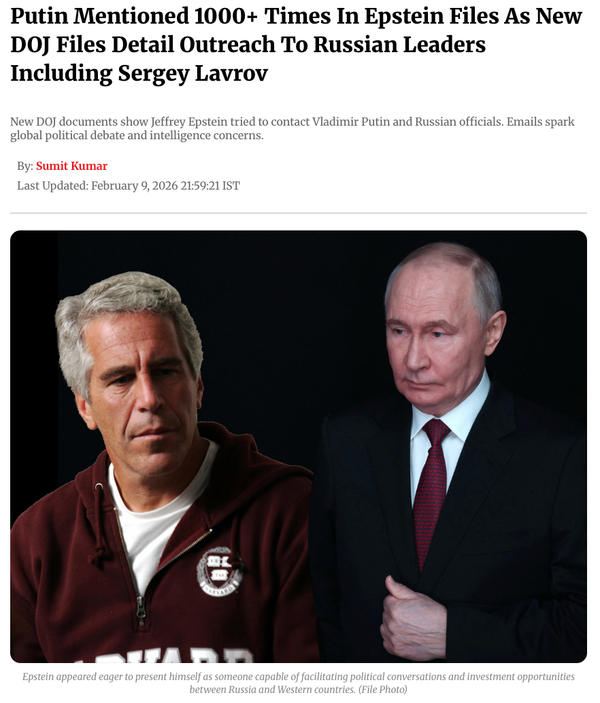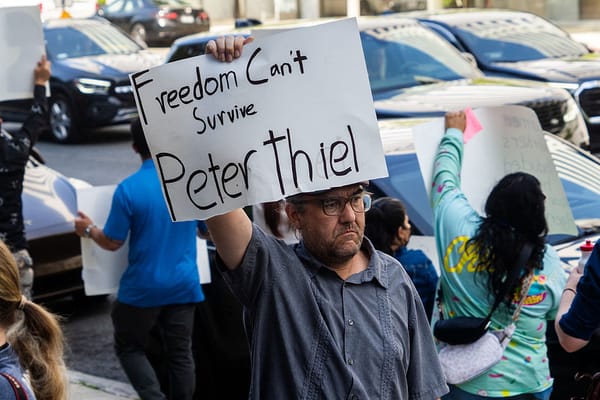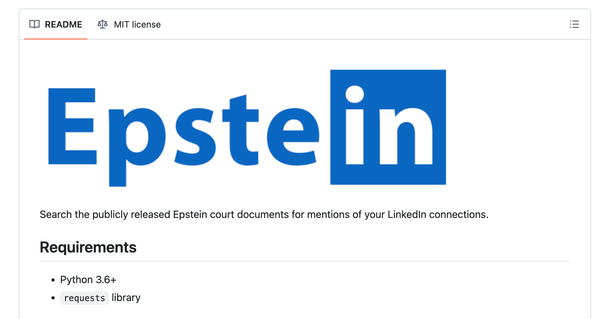Techno-authoritarianism is upon us. How to fight back?
With Trump's inauguration just a few days away, fears are mounting about his attacks on free press. What can we learn from the journalists who have already faced the wrath of tyrants?
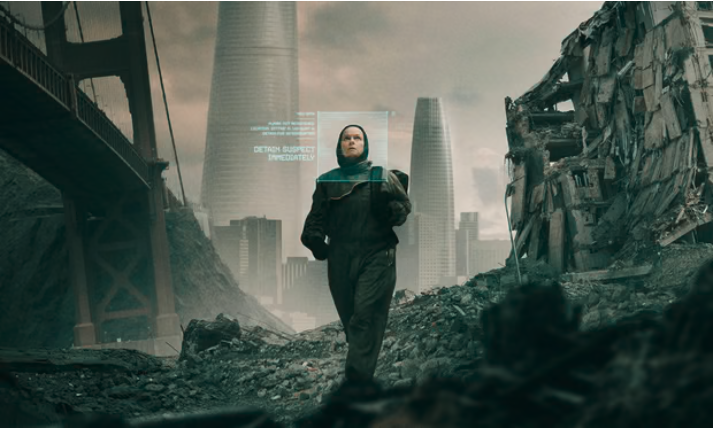
Just ahead of the US presidential inauguration, The Citizens brought together Asif Kapadia, director of the feature documentary 2073, with three journalists featured in the film: Nobel Laureate Maria Ressa from the Philippines, Rana Ayyub from India, in a conversation moderated by Carole Cadwalladr from the UK.
As a “warning to America”, we wanted to hear from those who have lived under authoritarianism and reported on its dark reach - and what they have done when the power of Big Tech and the State have sought to undermine, attack and in some cases imprison them.
The Warnings
Maria Ressa, Founder and CEO of Filipino news website Rappler, who came under attack and was imprisoned under the Rodrigo Duterte regime for her journalism, drew parallels between Philippines' descent into authoritarianism and Trump's America:
“You have this instance where no one knows what the truth is, the facts are debatable, you have fear and violence, and a very strong man leader. I would say, within six months, Rodrigo Duterte became the most powerful leader we’ve ever had because the institutions collapsed. What is scary about this moment is you have President-elect Trump coming in a few days, he now understands the way government works, he's actually appointed people who are more loyal, and there is a plan. So it isn't far-fetched. It may even be faster than the six months it took in the Philippines. I won't leave you completely depressed about six months because, the Philippines, we were in hell and now we're in purgatory. So you can move. But it feels like other countries [like the US] is just now moving to hell."
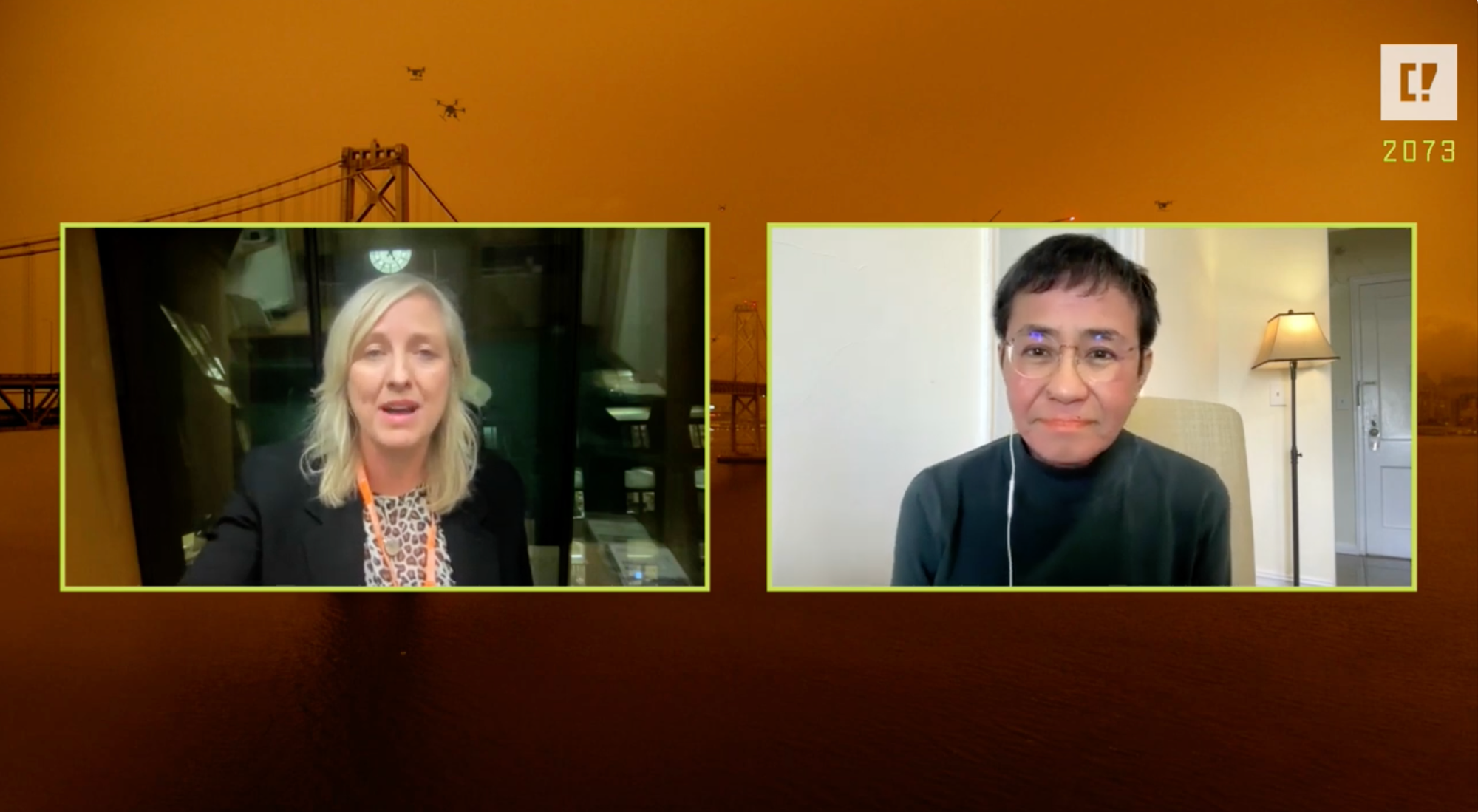
Rana Ayyub, opinion columnist with The Washington Post, who has come under attack for her critical views on the Narendra Modi government in India, spoke about the shrinking civil liberties in the country, where Big Tech is enabling Modi’s authoritarian rule:
“The fact checking websites [in India] are under attack. There are cases against Alt news and journalists who are doing fact-checking. Journalists like us have their tweets being removed. And Elon Musk, who calls himself a supporter of free speech, is absolutely fine with the Indian government removing content from Twitter which is criticising [Modi]. We are looking at a problem because Elon Musk has publicly spoken about his love for the Narendra Modi government. The right-wing in India is obsessed with Elon Musk, a strongman personality out here to end woke culture. They identify with him.”
For her criticisms, she has been relentlessly targeted by right-wing trolls and doxxed online several times. Speaking about a recent doxxing incident, she said:
“I was doxxed two months ago. All my details were out on social media. There's an AI generated porn image right there on the Internet. My visa, my passport, my Gmail passwords, my bank account passwords were all put out on the Internet. It has not been removed. And Twitter says it does not violate its privacy policy. And the people who have given me explicit rape and death threats, these are people followed by the Prime Minister of India. The guy who put my AI generated porn image is followed by the Prime Minister of India. And after I point him out, that this guy has doxed me, he says, ‘okay, go ahead and see what you can do with it’. I tagged Twitter. Nothing happens. As Maria Ressa rightly pointed out, this is the future we are looking at when the institutions meant to protect us are looking the other way."
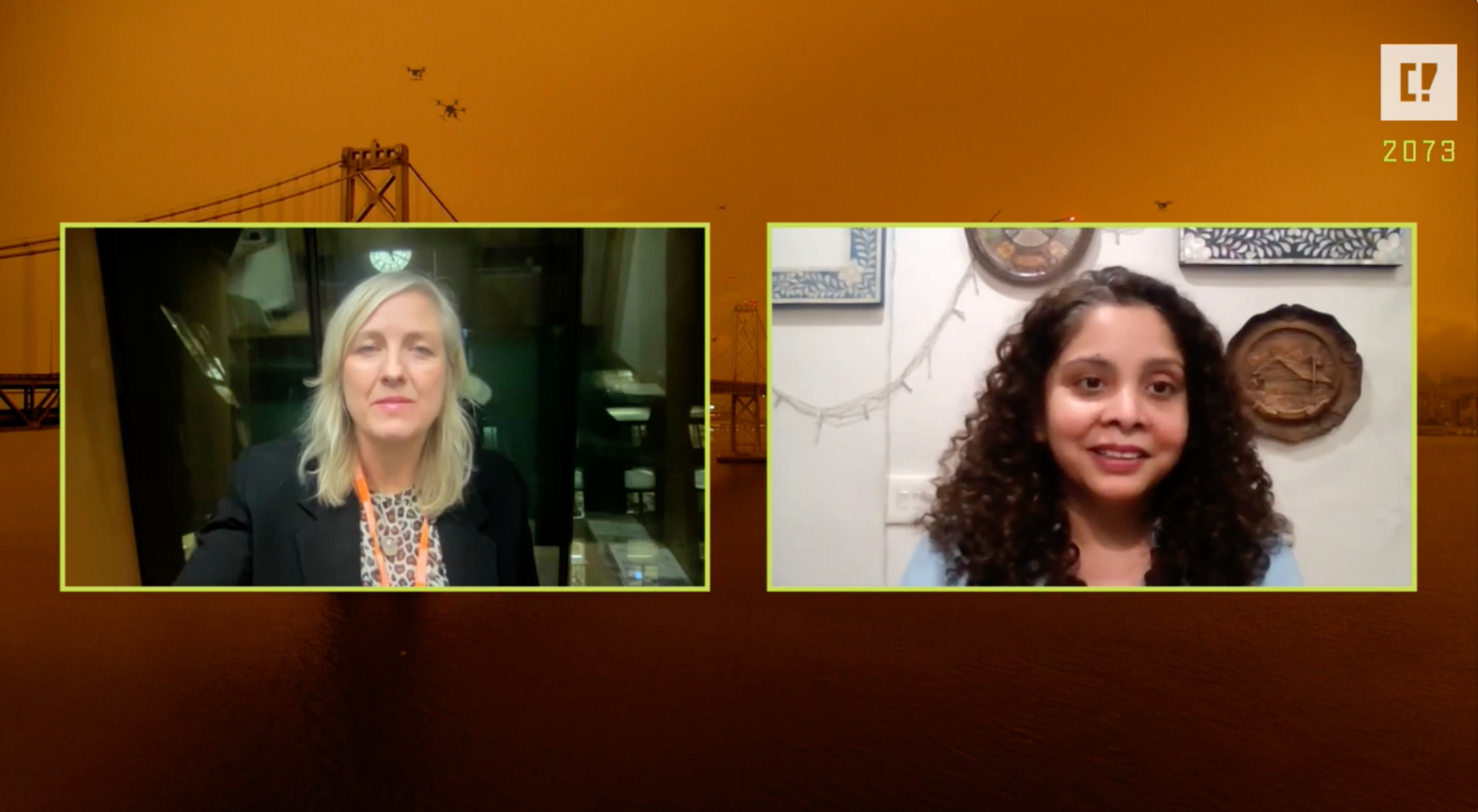
Asif Kapadia, an Oscar-winning filmmaker, who was flagged as “suspicious” in the US set out to piece together how the rise of global authoritarianism is all connected. This was what led him to make 2073.
Here, he speaks about how he was personally targeted by surveillance tech:
“I was in New York working on a film. Because it was a film project, I had a driver. I'm being driven to JFK. It's post 9/11. As I'm leaving Manhattan, I'm in a limo. It's the most gorgeous sunset over Manhattan. I'm taking photos looking out the window. When I arrive at the airport, I'm in the lounge, and my name is called out in the whole of JFK. ‘Make yourself known’. So I make myself known, thinking I've left a bag that looks suspicious or something. But then five people turn up in the lounge, and in front of everyone, they unload my bag. They take my cameras, they take everything I've got, ask me what I'm doing, why I'm there. And it's quite scary. You know, there were people there ready to deport me and do various things. In the end, I could show who I was and why I was there. I'm a film director. I mean I have a lot of backup to say who I am. I don't have a big beard. I can speak English. You know, if I had looked a certain way or sounded a certain way or I was wearing religious clothes, maybe it would have been a whole different experience. I asked them what happened? And they told me, someone said you look suspicious. And I remember the look of the driver watching me all the way through that drive. And so they told me there was no problem, I fly home. But for the next 10-15 years after that, every time I went to the US, I would be stopped two or three times before I got on a plane. I'd be stopped after I got off the plane.”
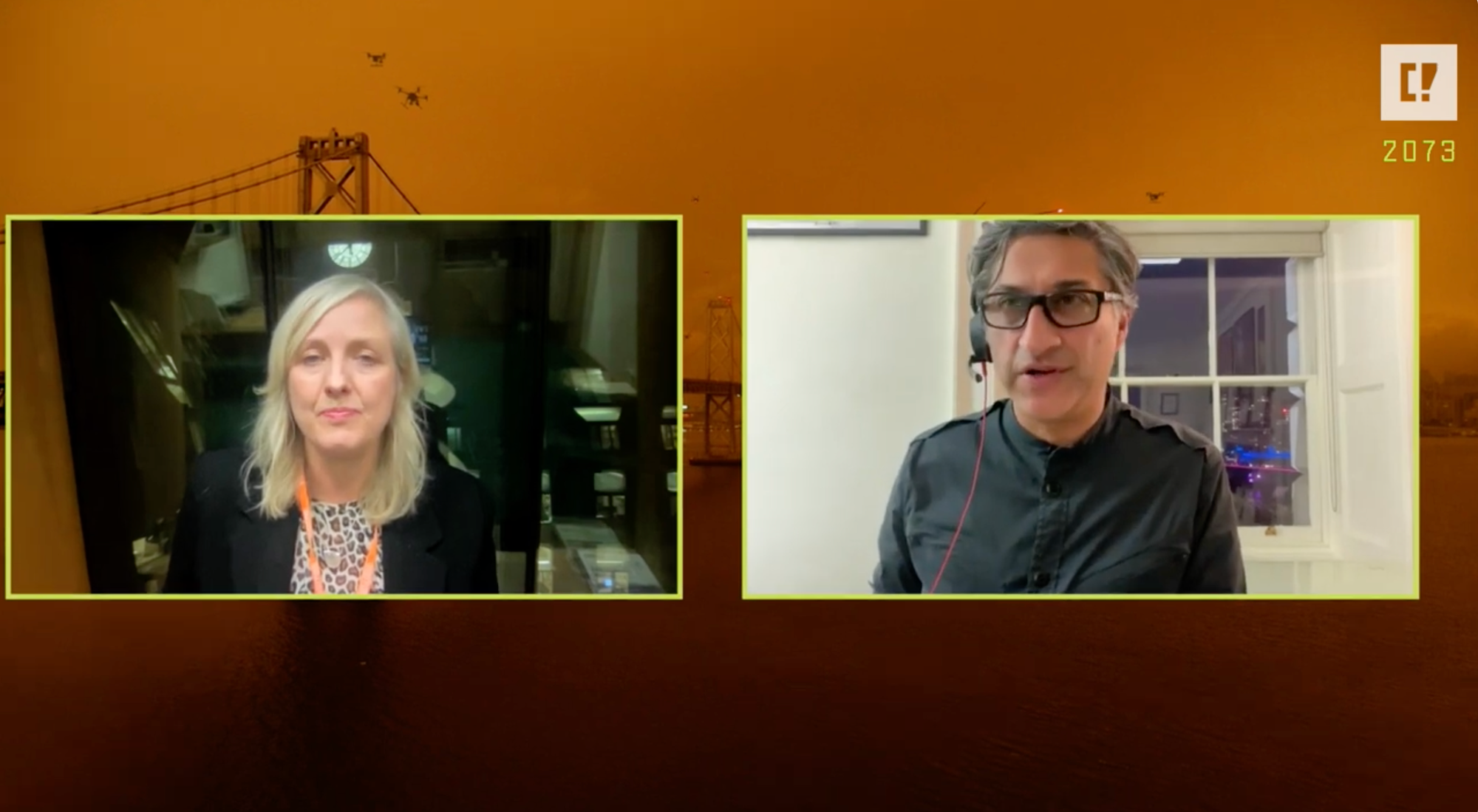
Maria Ressa, responding to a question about the role of citizens in fighting techno-authoritarianism:
"Standing up. Right. Because the battle is now in your court. I think in the old world, you can say the journalists are going to do it. You know, there's this quote, 'In the Philippines, they came for the journalists. We don't know what happened next.' But on social media, in the virtual world, you are specifically targeted. So the question is, what are you going to do? And I think we journalists, certainly the people in this zoom... we live through it and we're still doing our best. In each of our areas of influence, how can we prevent this train wreck from happening? We still have a small window of opportunity, but we can't do this alone. It is every single person on social media, if you talk Facebook, 3.2 billion accounts on Facebook, if each one of those accounts realises they're being manipulated, they've been cloned and then leaves. Or organises in the real world, right?... There is only one person living in the physical world and in the virtual world. We're being manipulated in the virtual world to change the way we act in the real world. So get your agency back. Reclaim your rights. Organise in the real world. That's what we've seen succeed."
Check out the full event here.
*Quotes have been edited slightly for clarity and brevity.
But sadly, we now have an expiry date. Without new funding, the Citizens won’t survive past Spring 2025. With enough of you becoming paid members, we will have a chance to keep the fight alive. Will you help us? ✊🏻

